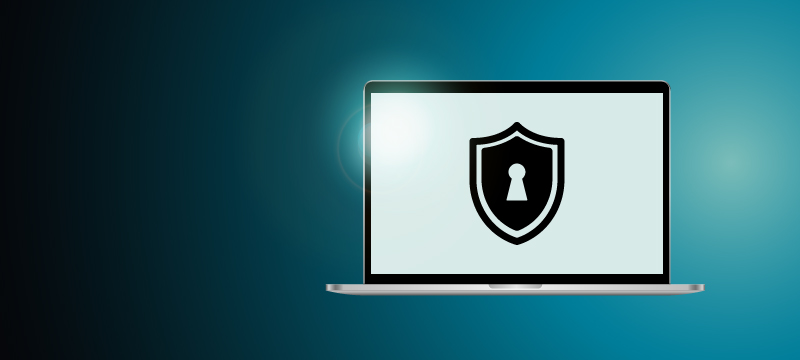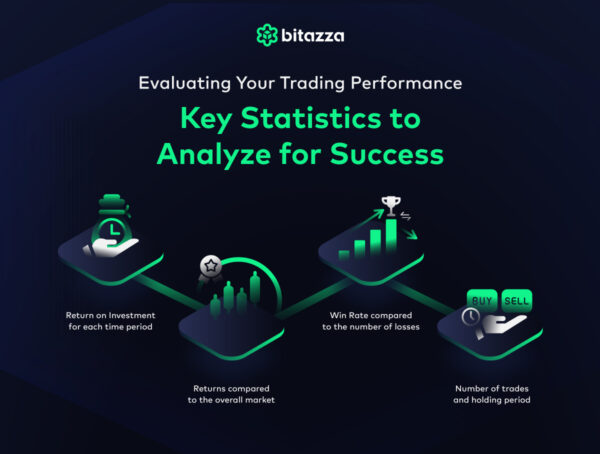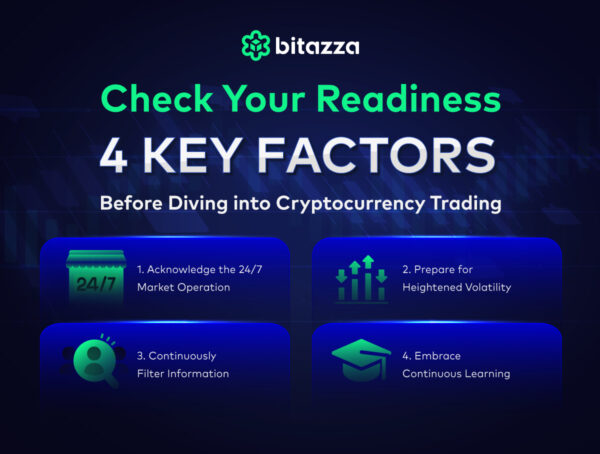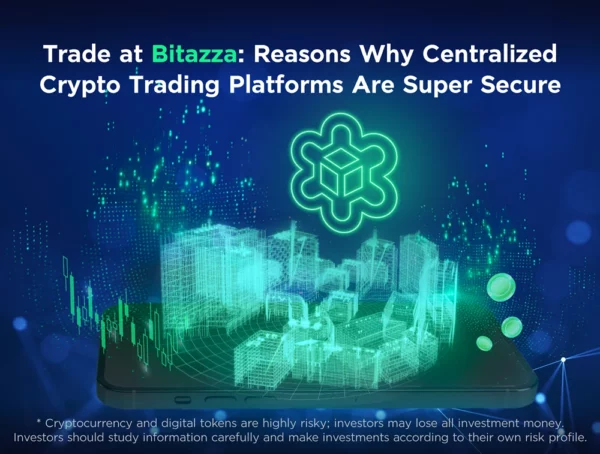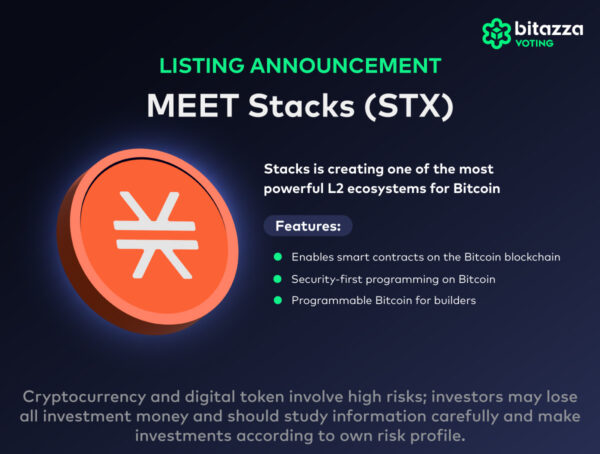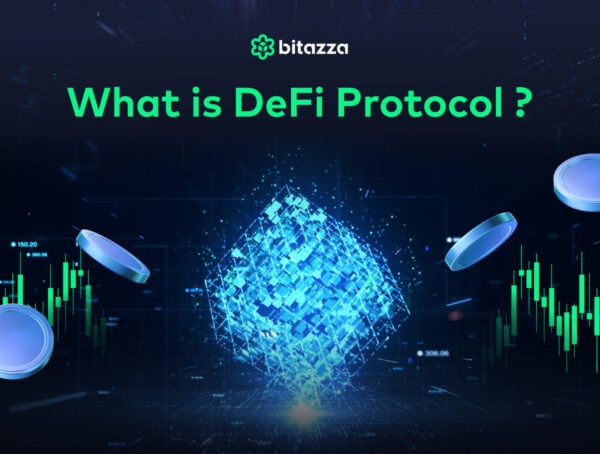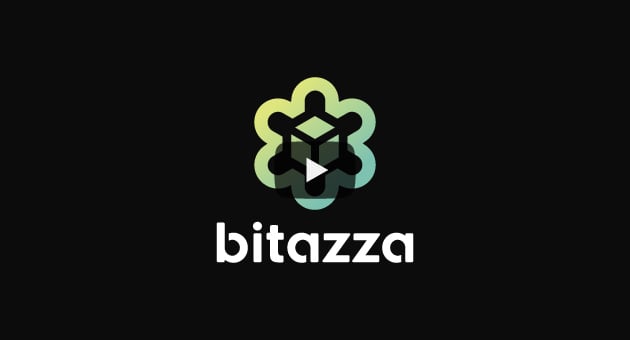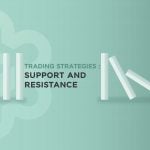Protection Series Part 1: The Good Ol’ Anti-Virus
If you think spin-offs only apply to TV shows, think again. We’ve just given cryptocurrency a touch of CSI and NCIS with the protection series – an offshoot of our 10 Ways to Secure Your Digital Assets article – to give a microscopic view on how investors should suit up to deal with the Lex Luthors and Lokis of the crypto world. The first of five essential safety measures kicks-off with anti-virus.
Just like every superhero has a supervillain ready to step on his or her cape, every digital breakthrough is followed by internet villains waiting to take immense pleasure in the misery of the online community.
The crypto realm is not spared the hacker tsunami either. The volatile nature of cryptocurrencies makes them an attractive target for hackers, who’ve recently unleashed a series of lethal cryptojacking malware on unsuspecting investors and exchanges.
Grand Theft Crypto
Cryptomining malware, better known as cryptojacking, are smooth operators. It stealthily makes its way into your computer or any other mobile device and gives hackers total control of your resources. They proceed to do to your cryptos as they please.
While you’re happily planning your next vacation thanks to signs that you’re going to make a fortune, hackers are maliciously mining your cryptocurrencies and planning their own holidays.
Recently, cyber thugs unleashed vicious all-out assaults on companies and individuals that will make Netflix’s Narcos feel right at home on the Nickelodeon channel.
Malware such as Ryuk, Save Yourself and Sextortion have not only held people to ransom with intention to extort, but also compromised wallets and crypto mining.
First Line of Defence
While we’re unlikely to ever have a foolproof defence against cyber threats, there are a few crucial means of providing some resistance against hackers. One of them is anti-virus software, which remains a solid first line of defence against hackers.
That said, we’re talking about protecting cryptocurrencies here, which are highly valued. So, don’t take shortcuts with free versions of anti-virus. While some free versions do pack a punch, in the grand scheme of things, it pays to go premium to keep your digital assets safe.
Go All Out
When shopping for anti-virus, look for types that provide more inclusive protection which guard against regular viruses. You would do well with one that has many security layers and provides impressive firepower against malware, ransomware, spyware, trojans and the like. High detection rates matter here. Otherwise, why bother?
Understandably, just like any other software, anti-virus also takes up a certain amount of your computer’s resources. Go for those with minimum impact on your computer’s performance while it is running. Top notch options rarely affect the speed of booting up your device yet are rapid when it comes to detecting and scanning for threats.
We’re all familiar with those security update notifications where more often than not, we choose the ‘Update later’ option. With threats evolving like crazy, save yourself the trouble and buy anti-virus software which performs auto updates and schedules automatic scans even when your computer is idle.
In part 2, we focus on Hardware Wallets as a tool to keep your cryptocurrencies safe from thieving hands and minds.
Disclaimer: This article is meant to provide suggestions only. Readers should perform their own due diligence before making decisions on security and safety.
You might also like
More from Blockchain
Bitazza Token Listing Announcement: STX — Get to Know Stacks
We’re excited to announce that Stacks (STX) is now listed on Bitazza! You can now buy, sell, and trade Stacks along …
Getting Started with DeFi Protocols
What is DeFi Protocol? A DeFi Protocol, or Decentralized Finance Protocol, is a system within the decentralized finance (DeFi) space that …
What was the excitement after the approval of the Bitcoin ETF?
Many new investors may still be wondering whether the approval of the Bitcoin ETF by the U.S. SEC is a …
















